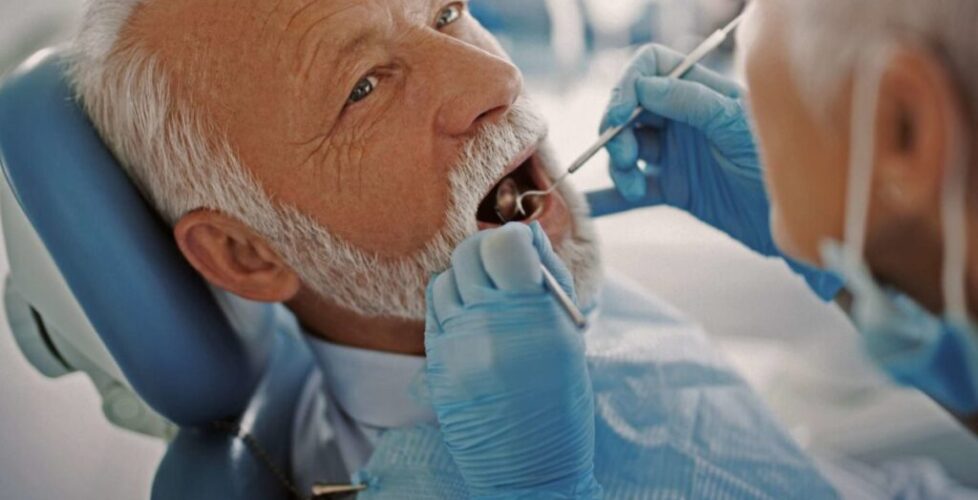Mouth Cancer Treatment: How Early Detection Can Save Lives
You might already know about mouth cancer which is also known as oral cancer. It affects the tissues inside the mouth, including the lips, tongue, cheeks, gums, and roof of the mouth. Early identification is essential for the successful treatment of this malignancy, as it is for many others. The likelihood of receiving a successful course of therapy and surviving oral cancer increases with early detection. Even though mouth cancer can be aggressive, if detected early enough, it is highly treatable. These are the top five ways that early identification can contribute to the best mouth cancer treatment and can save lives.
Increased Treatment Options
Early detection of mouth cancer may result in limited disease, meaning it hasn’t progressed into deeper tissues or other areas of the body. This enables medical professionals to employ less invasive procedures like targeted radiation therapy or surgery to eradicate malignant areas, resulting in quick recovery. On the other hand, more advanced stages of mouth cancer may call for more intensive care, such as chemotherapy, extensive surgery, or a combination of treatments.
Less Severe Treatment Side Effects
Many cancer treatment options come with a range of side effects, including radiation, chemotherapy, and surgery. If the cancer progresses, these side effects may be quite severe. Treatment for early-stage oral cancer is typically less aggressive, which leads to fewer adverse effects. Minimal tissue loss may be necessary during procedures, lowering the possibility of long-term issues. Furthermore, early radiation therapy patients might require fewer sessions, which would minimize adverse effects including dry mouth, trouble swallowing, or taste alterations.
Prevention of Cancer Spread
If mouth cancer is not treated on time, it may spread to other parts of the body. This phenomenon, called metastasis, can significantly increase the complications of treatment and decrease the likelihood of a full recovery. Before cancer has an opportunity to spread to other organs like the lymph nodes, lungs, or bones, early detection puts an end to it. When cancer is limited to the mouth, medical professionals can concentrate on curing it completely rather than worrying about more extensive, perhaps harmful, treatments.
Better Quality of Life
Ultimately, patients can enjoy a better quality of life during their treatment and recovery if mouth cancer is detected early. More involved surgeries are frequently necessary for advanced stages of oral cancer, which can impair fundamental abilities including breathing, speaking, and eating. Early-stage treatments, on the other hand, usually cause less disruption to patients’ daily lives and enable them to carry on with their regular activities. Patients are more likely to recover from therapy more quickly and have fewer long-term effects if they detect oral cancer early.
Early detection plays a vital role in mouth cancer treatment. Although mouth cancer is a dangerous illness, early identification can significantly enhance outcomes and perhaps save lives. So if you notice any unusual changes in your mouth including the roof of the month, under the tongue, and on your lips, visit a doctor as soon as possible. Moreover, routine dental checkups are crucial for spotting signs early on, as timely intervention can make all the difference in a patient’s ability to recover and receive successful treatment.
